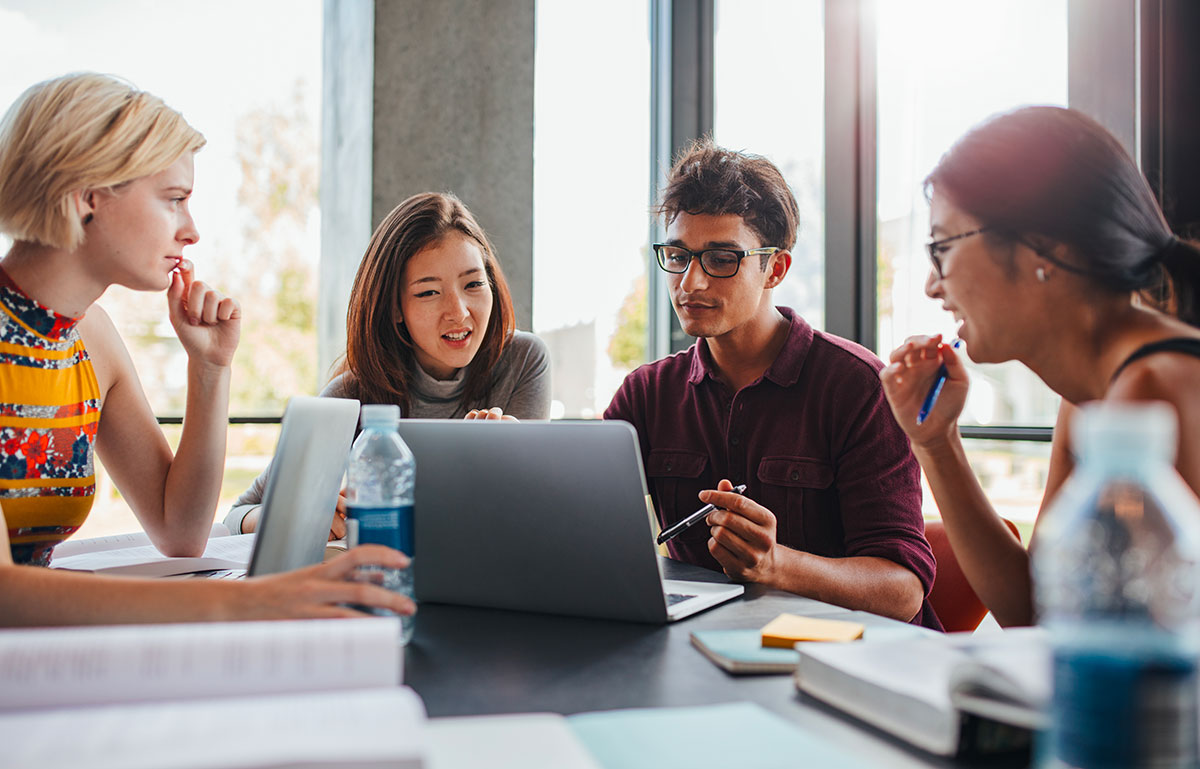Over the past few decades, there have been significant and steady shifts in the labour market transforming not only the types of work we do but also the way we do it. During the last year, the pandemic has accelerated the pace of change in a way that would have previously been unimaginable. If there is one thing that is certain, it is that future generations will experience a world of work that is unknown, volatile, complex and ambiguous. Yet the education system has not adapted to the pace of change, on the contrary much of the education system in the UK remains largely as it was in the late 19th and early 20th centuries. Sir Ken Robinson in one of his TED talks¹, likens our current system to a manufacturing process, linear and conforming, producing a standardised education. He recommends that future education should be much more like an agricultural process, creating the right conditions for humans to flourish, tailored and personalised to their needs.
Other proposals for a different approach to education follow a similar vein. In his recent article on Educational Challenges in the 21st Century Ranbir Singh Malik² described a future education system having as its purpose ‘to prepare citizens with a cosmopolitan outlook, cross-cultural understanding, capable of working in multicultural settings on group projects and with a capacity to think creatively and critically.’
The Ashoka Changemaker schools³ are doing exactly this with 300 schools across the world teaching empathy, change-making influence and innovation. Two other features of a reimagined education are social innovation and social entrepreneurship. The UNICEF’s Upshift programme focuses on empowering a generation of changemakers through social innovation and entrepreneurship to address issues such as climate change, rapid urbanisation, scarcity of resources, technological transformation and increasing rates of inequality. Developing social innovation skills can help young people to navigate change and take action. Jose Manuel Durao Barroso, former president of the European Commission, said that ‘we must look to social innovation to stimulate a more dynamic, inclusive and sustainable social market economy.’ Social innovation capacity building is action-orientated and encourages young people to be proactive. Instead of being indifferent to a problem in their society or community, they are actively attempting to solve it.
These are the skills that will be nurtured through the SENSES project. Funded through Erasmus Plus, the project is being led by SFEDI and it involves seven other partners from Cyprus, Greece, Italy, Spain, and the UK.
The overall aim of the SENSES project is to develop a new educational approach, providing teachers within primary education with an understanding of social entrepreneurship and social innovation (SEI) and with tools which can be used to enhance skills in teaching SEI. In addition, the project will assist learners aged between 7-12 in developing a set of structured competencies required to be enterprising and entrepreneurial in a social context. These competencies will include adaptability, solving complex and ‘wicked’ problems, creativity and innovation and collaboration.
The key objectives of the SENSES project include:
- Provide teachers with a set of guidelines and methodologies for developing students’ core social entrepreneurship and innovation perceptions and skills.
- Create and deliver innovative products and teaching and learning methods, targeting school communities in five countries (UK, Spain, Greece, Cyprus and Italy) with various needs and national educational contexts.
- Develop a virtual learning environment which supports access to materials, tools and discussion of the project outputs.
Key outcomes will include:
- Equipping teachers with an understanding of social entrepreneurship and innovation and the skills for transferring and applying this knowledge within their classroom.
- Equipping students at primary education ages (7-12) and those from marginalised backgrounds with the competencies of social entrepreneurship and social innovation.
If you are interested in learning more about the project and the outputs to date, please visit: https://projectsenses.eu/
If you are an educational institution that has examples of good practices of social entrepreneurship and innovation taking place within schools, please do get in touch.
If you would like to explore ways of getting involved in the SENSES project, please contact Leigh Sear at SFEDI. [email protected]
